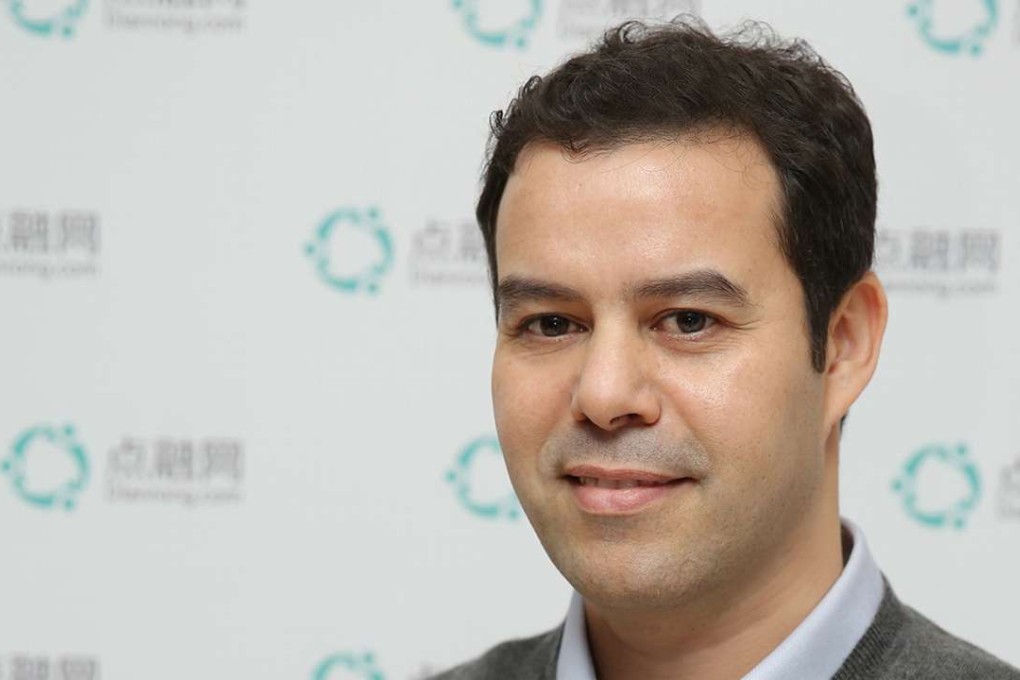P2P has a bright future, insists Dianrong founder, as he plans IPO within two years
Soul Htite says despite a spate of recent high-profile scandals, the sector is weeding out the weak operators

Soul Htite, the founder and chief executive of China’s peer-to-peer lending platform Dianrong.com, is looking to list the startup within two years.
But he is also warning that more platforms in the fledgling sector are expected to collapse in the near future.
Founded in 2012 by Htite and former lawyer Kevin Guo Yuhang, Dianrong landed China’s largest P2P fundraising deal to date in August last year — US$207 million in a series-C round from investors including Standard Chartered.
The ambitious Htite, who was also the co-founder of the world’s largest online lender Lending Club, is still in two minds about where to launch the listing.
“In New York you get a very good valuation,” he says, before adding , “but the story of Dianrong is China, so it might be better to list in Hong Kong.”
Analysts estimate the company could realistically raise between US$300 and US$500 million, based on the valuation of Yirendai’s flotation, which became China’s first New York listed P2P last year.